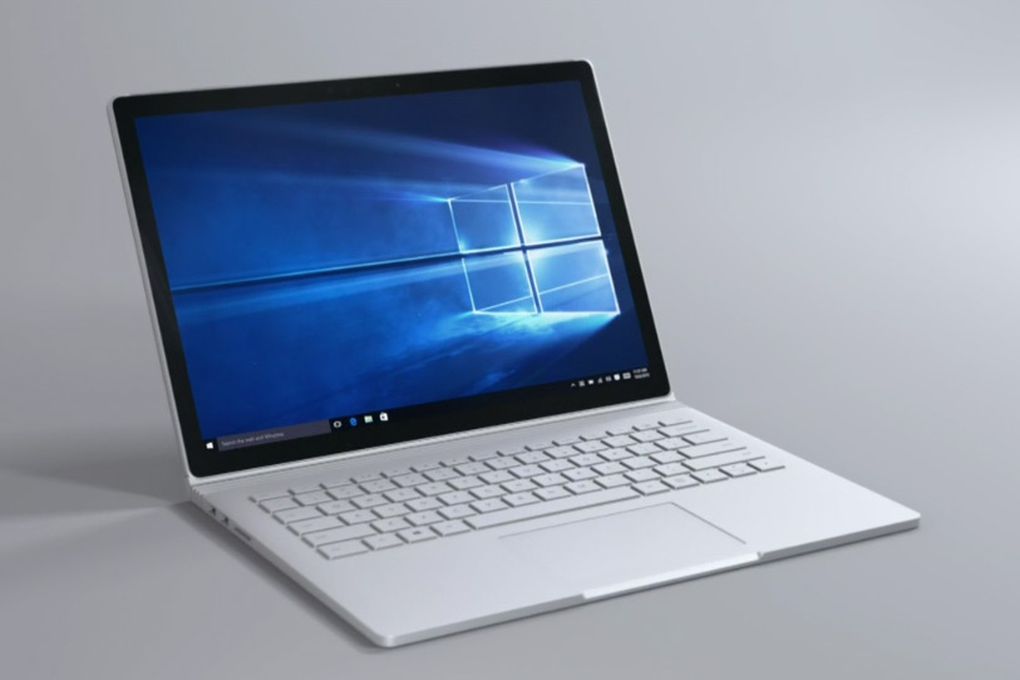About two weeks ago, I mentioned a couple of tablet computers I was interested in that double as laptops. One was the Microsoft Surface Book and the other was the Google Pixel C. Well, I have since realized that I don't necessarily need a new PC for school or Windows 10, for that matter. After finding out that Newegg.com was selling certain older PC models in the sub-$200 range, with reasonably decent specs, I narrowed my options down to two that I am really interested in.
| Dell XT2 Docking Station |
| Dell XT2 shown halfway-orientated into tablet mode.
This particular option would come
in quite handing for school tasks,
such as note taking, among others.
|
Dell Lattitude XT2: This is a 2-in-1 that has Windows 7 pre-installed on it, but the units I am considering do not come with a stylus or DVD burner. While this may seem like a tragedy, Most software is available as a digital download these days, and at one point, I was considering a DVD burner for my desktop anyway. There is an after-market docking station available for this particular model, however, that restores DVD burning functionality, but it is not included in the cost of the laptop itself.
The other tragedy would be that this particular item does not come with a stylus, but those are so affordable to come by these days, that I would only have to go somewhere like Best Buy, Walmart, Office Depot, or even as unlikely of a spot as Big Lots to solve that particular issue.
Amazon Pricing: Click Here Newegg Pricing: Click Here
Dock (Amazon): Click Here Newegg Price Unavailable
HP 6910P: This particular laptop comes with a DVD burner built in to the computer. Having the extra feautre also makes the computer in question a little on the bulkier side when compared with the Dell XT2, however, the trade off is that the cost of the DVD burner is already factored into the unit itself. It also still looks less bulky than the current Toshiba laptop that I have written this article on. While I wouldn't mind a computer with this design, I am leaning more towards the Dell XT2 because I can leave the DVD burner at home if I do not need it for a particular class assignment that day.
| HP 6910p. Left/Right Side Shown. |
While having the DVD burner would be a nice addition, in this day and age, having an optical drive to install software is almost unnecessary. A while back I wrote either in here or in my memoir that I was able to find full versions of my favorite childhood DOS games available for download on "abandon-ware" websites for free. Optical drives also have a tendency to make a laptop weigh more in the long run, and sometimes it would be nice to detach it and save the extra weight on class days where I do not need it.
Amazon Pricing: Click Here
Newegg Pricing: Click Here
As for my final verdict between the two, I am leaning towards the Dell XT2. At the risk of cursing my choice, I have had the most success with their hardware, and the cooling systems they use on their hardware have a habit of running quietly while still keeping the machine from overheating. I can also appreciate the lighter-weight benefit that would come from leaving a DVD burner at home on the days where I need to carry a laptop to class for note-taking and other purposes, which the Dell XT2 would fulfill quite nicely, especially with an affordable modern after-market stylus.
